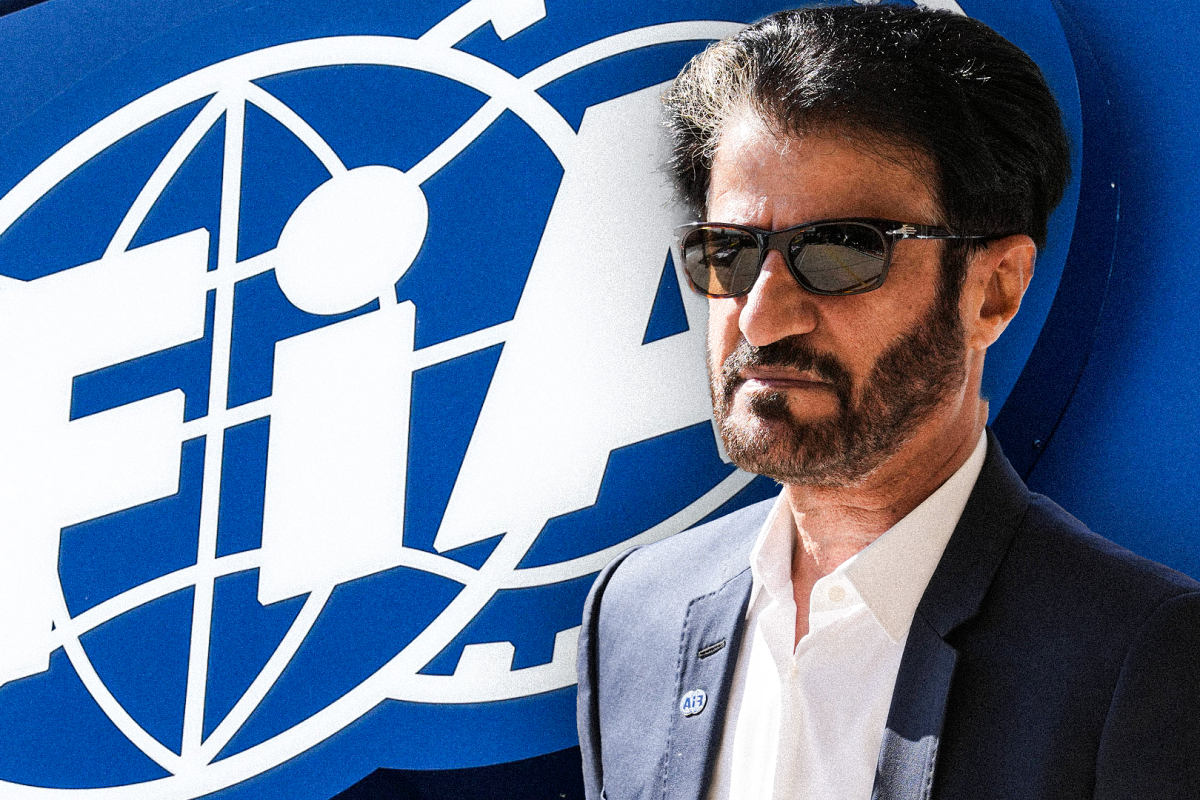FIA Condemns “Shocking” Online Abuse Faced by F1 D…read more
The FIA has issued a strong statement condemning the online abuse suffered by Formula 1 drivers Yuki Tsunoda and Franco Colapinto during the recent Imola Grand Prix weekend. FIA president Mohammed Ben Sulayem took to Instagram and later released an official statement reaffirming the governing body’s stance against discrimination and online toxicity.
The controversy unfolded over a weekend that saw high drama both on and off the track. During qualifying at the historic Autodromo Enzo e Dino Ferrari in Imola, Yuki Tsunoda experienced a terrifying crash. Exiting the high-speed Tamburello corner, the Japanese driver lost control of his car, which flipped violently, drawing immediate concern from fans and commentators. Though Tsunoda emerged unscathed, the crash meant he would start the race from 15th on the grid.
Joining him at the back of the field was Franco Colapinto, who was making his debut race weekend as an Alpine driver. The young Argentine also crashed during qualifying, ending his session prematurely and leaving him to start Sunday’s Grand Prix in 20th position. But it was an earlier incident during a practice session that would sadly overshadow both of their performances.
During that session, Tsunoda appeared to express frustration after being blocked on track by Colapinto. A video circulated on social media showing Tsunoda making a hand gesture toward the Alpine driver. What followed was a torrent of online abuse—directed primarily at Tsunoda. Much of the criticism came from a vocal section of Colapinto’s online fan base, with some of the comments reportedly descending into racism and personal attacks.
The abuse did not stop there. According to Tsunoda, others targeted included Jack Doohan—the driver who was replaced by Colapinto at Alpine. Tsunoda addressed the situation in a media interview later that weekend, calling the abuse “unnecessary” and emphasizing that such behavior had no place in motorsport or society.
Recognizing the severity of the situation, FIA President Mohammed Ben Sulayem responded publicly. He expressed his concern over the growing prevalence of online abuse in the sport and stood in solidarity with both Tsunoda and Colapinto. In a comprehensive statement, Ben Sulayem said:
“Motorsport is built on competition, passion, and commitment, and every race drivers take to the track representing these values. The passion and excitement that we feel for our sport should unite us and never be twisted into abuse or hate.”
He continued: “I stand in full support of Yuki Tsunoda and Franco Colapinto, and I thank them for speaking out against the growing issue of online abuse in motorsport. No one should be subjected to threats, hatred, or discrimination. There is no place for abuse or toxicity in our community.”
Ben Sulayem also highlighted the FIA’s efforts through its United Against Online Abuse campaign, launched to combat the escalating problem of digital harassment in motorsport. “Through this campaign,” he said, “we are taking decisive action—raising awareness, providing support, and driving change. We are committed to safeguarding the wellbeing of everyone in our sport, and together we can build a safer, more respectful environment for all.”
The issue of online abuse in Formula 1 is not new. Several drivers, including Lewis Hamilton and Nicholas Latifi, have previously spoken about the toll digital vitriol can take on mental health and personal wellbeing. Hamilton has faced repeated racist abuse during his career, while Latifi received threats after the controversial conclusion to the 2021 Abu Dhabi Grand Prix.
Now, with young talents like Tsunoda and Colapinto becoming the latest targets, the FIA appears to be taking a firmer stance. The message from Ben Sulayem is clear: competitive spirit must not be perverted into personal attacks, and fans must recognize the human element behind every helmet and every car on the track.
The FIA’s push for a more inclusive and respectful sporting culture is part of a broader movement across global sport. As Formula 1 continues to grow its global audience, especially on social media, the governing body has acknowledged the responsibility to protect not only the athletes but also the integrity of the sport itself.
As for Tsunoda and Colapinto, both drivers have continued to display professionalism and maturity despite the incidents. Their performances on track and their willingness to address the issue publicly have earned them respect throughout the paddock and among fans who reject hate in all its forms.
The Imola Grand Prix weekend will be remembered not just for its racing moments, but for bringing to light an important conversation—one that the FIA, drivers, and the broader motorsport community must continue to address with resolve and unity.




